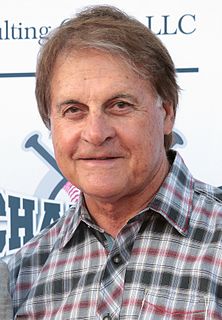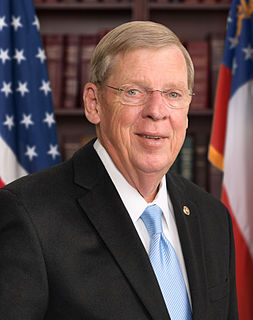A Quote by William Howard Taft
Don't worry over what the newspapers say. I don't. Why should anyone else? I told the truth to the newspaper correspondents - but when you tell the truth to them they are at sea.
Related Quotes
Sometimes I don't tell the truth, which is telling the truth about not telling the truth. I think people don't tell the truth when they're afraid that something bad's going to happen if they tell the truth. I say things all the time that I could really get into trouble for, but they kind of blow over.
[Eugene Smith] was always writing these diatribes about truth, and how he wanted to tell the truth, the truth, the truth. It was a real rebel position. It was kind of like a teenager's position: why can't things be like they should be? Why can't I do what I want? I latched on to that philosophy. One day I snapped, hey, you know, I know a story that no one's ever told, never seen, and I've lived it. It's my own story and my friends' story.
How forthright does the audience want the broadcasters to be? Because when you tell your truth, there's a lot of anger that comes out. I think it's a good question to ask TV people [executives] too. How much truth do they want to be told? How much truth does the league want told? Because the truth isn't just a positive truth. If you're going to tell the truth, you would be telling a lot of positive and some negative.
I have a hard time with historians because they idolize the truth. The truth is not uplifting; it destroys. I could tell most of the secretaries in the church office building that they are ugly and fat. That would be the truth, but it would hurt and destroy them. Historians should tell only that part of the truth that is inspiring and uplifting.
I told him the truth, that I loved him and didn't regret anything about our lives together. But do we ever 'tell the truth, the whole truth, and nothing but the truth, so help me God' as my father used to say, to those we love? Or even to ourselves? Don't even the best and most fortunate of lives hint at other possibilities, at a different kind of sweetness and, yes, bitterness too? Isn't this why we can't help feeling cheated, even when we know we haven't been?
But we should ask the question: Why should a writer be more than a writer? Why should a writer be a guru? Why are we supposed to be psychiatrists? Isn't it enough to write and tell the truth? It's not like telling the truth is common. Writers are the earthworms of society. We aerate the soil. That's enough.


































